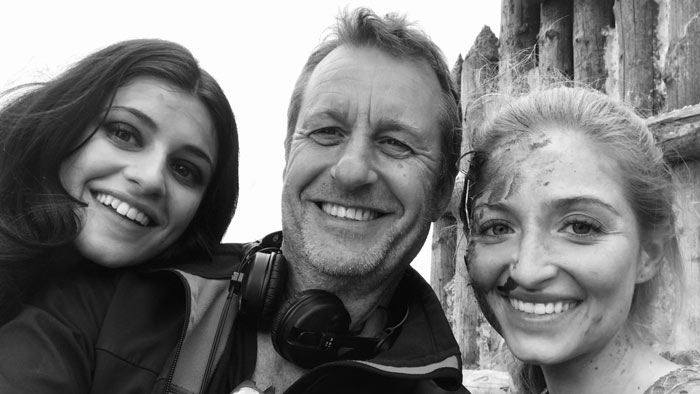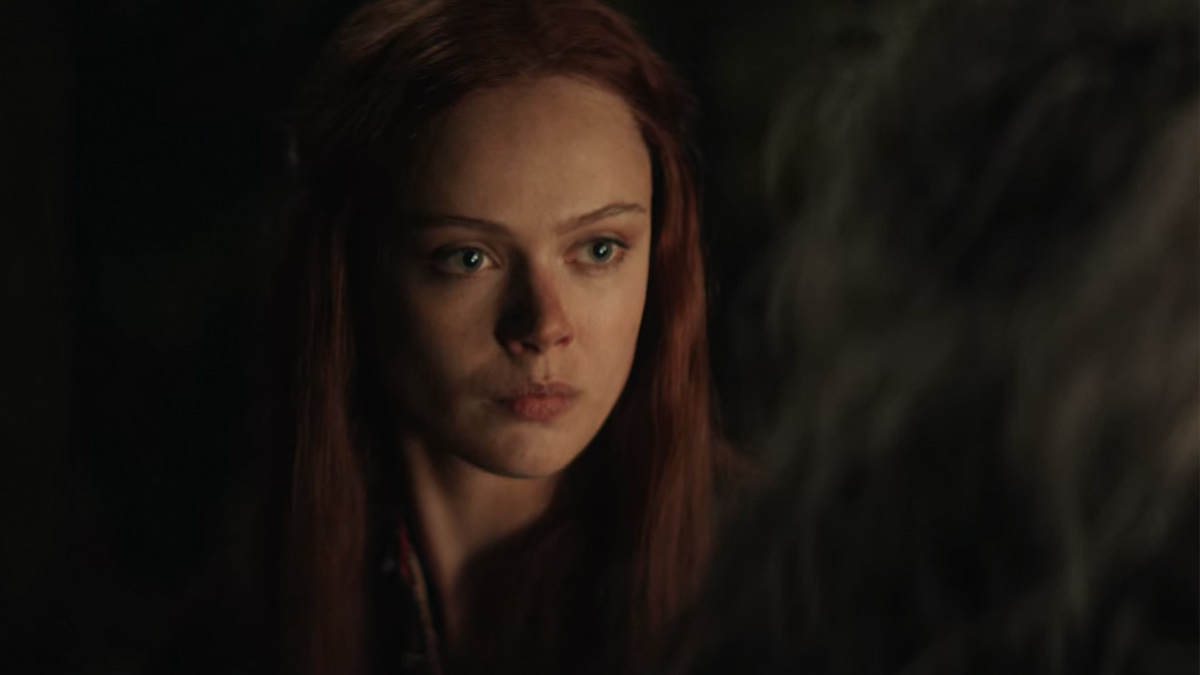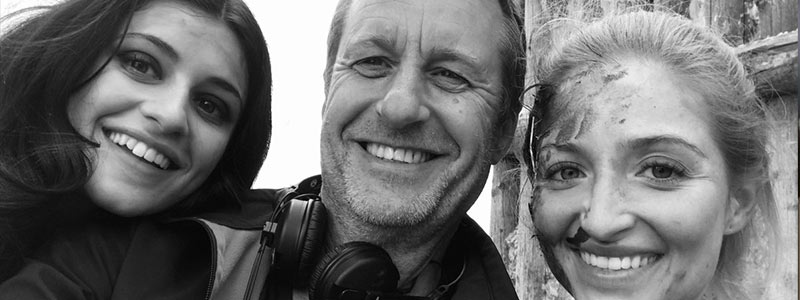It’s been nearly five months since the release of The Witcher on Netflix, and though production has been postponed on season two, there are occasional interviews that give valuable insight into the creation of the show. Director Marc Jobst (Punisher, and Daredevil), sat with At the Flicks to discuss his past work and involvement with The Witcher.
It is no surprise that the method of writing for television has changed since the rise of streaming services and Jobst speaks to how that influenced The Witcher:
Interestingly enough, writers are beginning to write for that. When I first started working for Netflix, I remember having dinner with them and saying to us, “Don't think of this as episodic TV. Think of this as chapters within a book.” That's fundamentally different to how you tell a story. In the traditional British model of the BBC or whatever, you have a cliffhanger at the end of every episode, and that's what the audience hooks into. That's what will lead them into coming back the following week.
If you are writing for a binge-watching audience, you think they're going to do at least two- possibly four episodes. You don't have to have that hook. It means that you can have one episode as a chapter. You can lead on to the next episode, which is a different chapter—maybe even unrelated. Then you can come back to the storyline much later on.
 Credit: Marc Jobst
Credit: Marc Jobst
When asked if Jobst has ever played the game, the answer is no. He started to understand the world of the show as he went along and started to find things that interested him about Geralt:
I feel like I have come into it as an audience member who doesn't know the show and say, ‘Okay, what am I interested in?’ I'm interested in who this guy is. Who is he? What is he? What does he do? Why does he do what he did? Does? Why is he silent and sullen and why is he so grumpy all the time?
There’s nothing wrong with being grumpy! It's just that when you're making a live action drama with your grumpy character as your lead, you need to start to understand him. You need to give the audience access to that character as being resident to their own grumpiness. What makes us grumpy? How do we deal with being grumpy? How does he deal with it?
We do get a glimpse into what Geralt’s past and abandonment issues are via a delirious memory of his mother. Whether or not Visenna was actually there to save him, that is left for the viewer to decide.
He gets bitten by the ghouls and gets fevers. In this deliriousness, he flashes back to his childhood—the little boy who gets abandoned by his mom, taken to Kaer Morhen and becomes the Witcher that he is.
In his deliriousness—or IS he delirious? The big question mark in that scene by the tree where his mother comes to visit him: is it his mother or is he dreaming it? We left it deliberately ambiguous. There's been a lot of argument on fan pages about this, but I wanted to leave it ambiguous for Geralt to say, “Tell me, at least, that you knew what you were doing.” Again, I think some of the skillfulness in the storytelling is it's not telling you that that's why he is grumpy. It's just giving you a backstory as to a child that has been abandoned. That could therefore give reason for somebody who feels the world is against him or not for him.
 Credit: The Witcher (Visenna and Geralt)
Credit: The Witcher (Visenna and Geralt)
Marc Jobst goes further into filmmaking and his career in this insightful interview. If you have the time, it is well worth the listen! Let us know what you thought in the comments below or in our forum!


